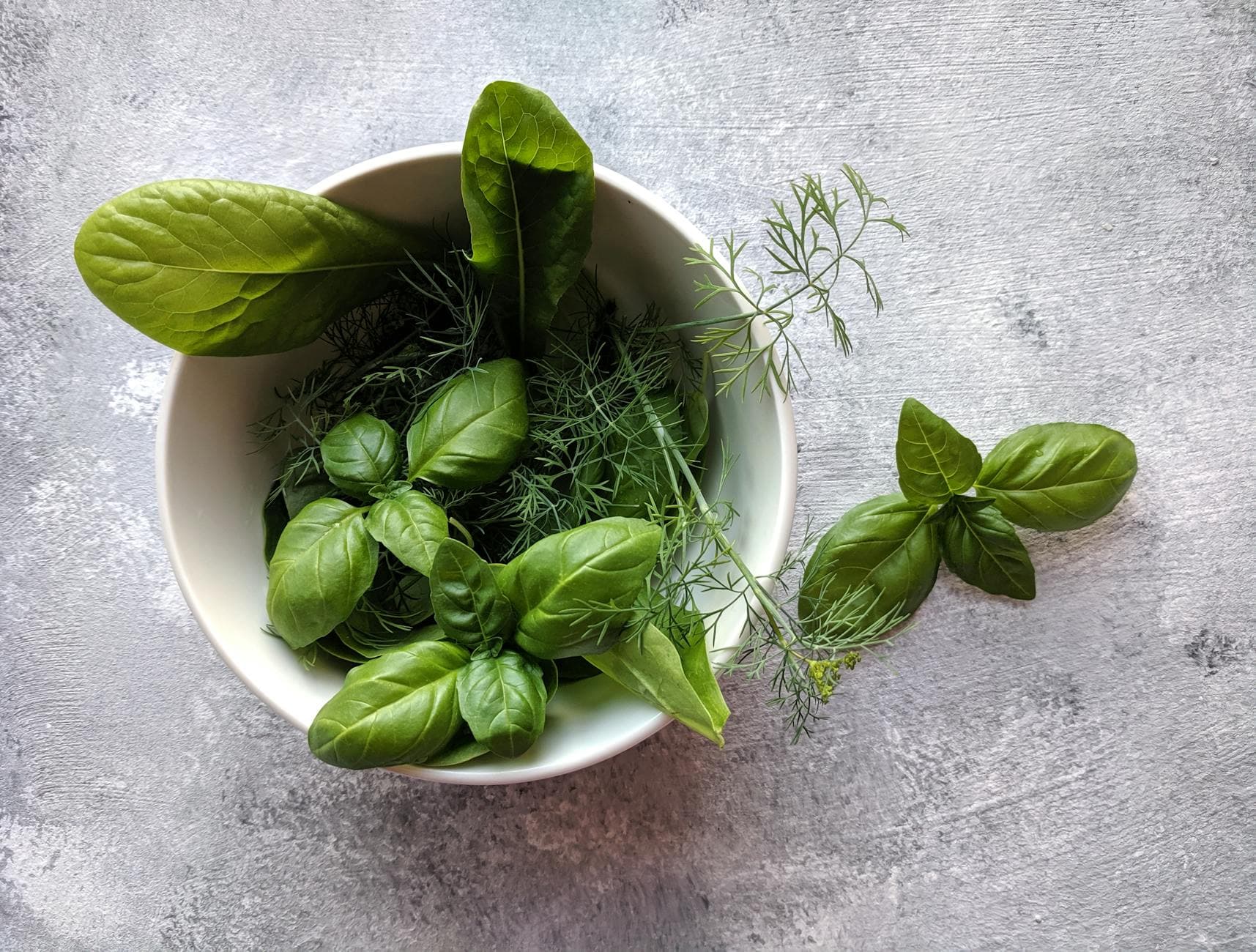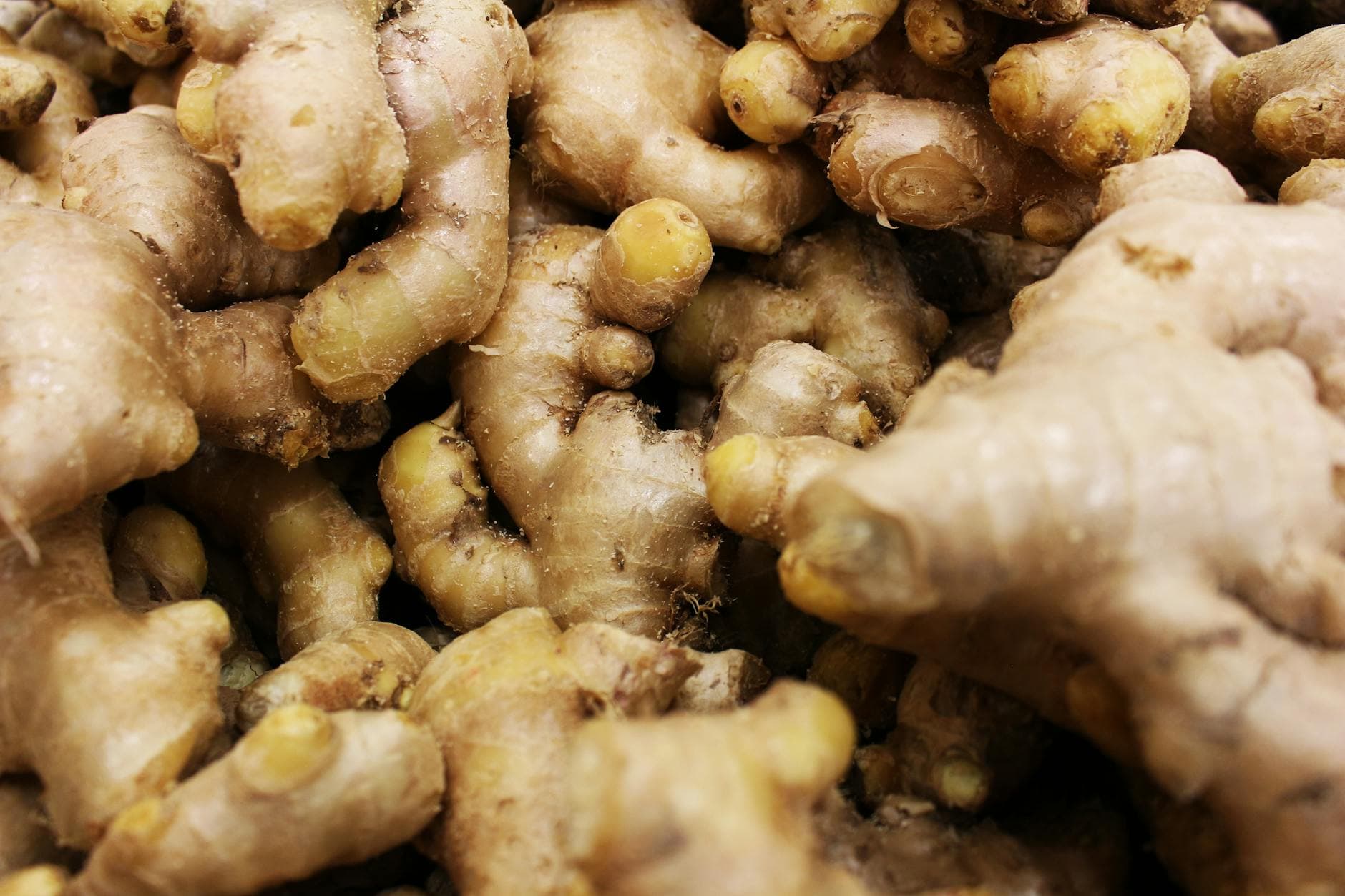Recurrent thrush, often caused by an overgrowth of Candida albicans yeast, can be a frustrating and persistent issue. While many people experience an occasional yeast infection, for some, it becomes a chronic cycle, leading to discomfort and impacting quality of life. At Healbal, we understand that true relief often comes from understanding the root causes and addressing them holistically. This article delves into why recurrent thrush persists, highlights common mistakes in its management, and offers evidence-based natural strategies and herbal support to help you break the cycle and restore immune balance.
It's important to remember that while natural approaches can be highly effective, persistent or severe symptoms warrant a consultation with a healthcare professional for accurate diagnosis and personalized advice.
Causes
Understanding the Roots of Recurrent Thrush
Recurrent thrush isn't just about the presence of yeast; it's often a sign of an underlying imbalance in the body's ecosystem, particularly the immune system. Here are some common factors contributing to its persistence:
- Weakened Immune System: A compromised immune response, whether due to chronic stress, poor sleep, or nutrient deficiencies, can allow Candida to proliferate unchecked.
- Antibiotic Use: Broad-spectrum antibiotics kill beneficial bacteria (lactobacilli) that naturally keep yeast in check, creating an environment ripe for Candida overgrowth.
- High Sugar Diet: Candida thrives on sugar. A diet rich in refined carbohydrates and sugars provides the perfect fuel for yeast to multiply.
- Hormonal Fluctuations: Changes in hormone levels, such as during pregnancy, menstruation, or due to oral contraceptives, can alter the vaginal environment, making it more susceptible to yeast infections.
- Chronic Stress: Stress elevates cortisol levels, which can suppress the immune system and disrupt gut flora, creating an opportunity for Candida.
- Underlying Health Conditions: Diabetes (due to higher blood sugar levels), thyroid imbalances, or other autoimmune conditions can increase susceptibility to recurrent thrush.
- Inappropriate Hygiene Practices: Over-douching, using harsh soaps, or wearing tight, synthetic underwear can disrupt the natural pH and bacterial balance.
Symptoms
Recognizing the Signs of Recurrent Candidiasis
While symptoms can vary depending on the location of the infection (vaginal, oral, skin), recognizing them early is key to effective management. Common symptoms include:
- Vaginal Thrush: Intense itching and irritation in the vagina and vulva, a thick, white, cottage cheese-like discharge, redness and swelling of the vulva, pain during intercourse, and a burning sensation during urination.
- Oral Thrush (Oropharyngeal Candidiasis): White, creamy lesions on the tongue, inner cheeks, roof of the mouth, and throat. These lesions can be painful and may bleed slightly when scraped. Difficulty swallowing can also occur.
- Skin Fold Thrush (Cutaneous Candidiasis): Red, itchy rashes, often in skin folds (groin, armpits, under breasts), sometimes with small pustules or blisters.
When to See a Doctor (Red Flags): If your symptoms are severe, persistent, don't improve with natural remedies, or you experience recurrent infections (four or more in a year), it's crucial to consult a healthcare professional. Also, seek medical attention if you develop a fever, chills, or pelvic pain, as these could indicate a more serious infection.
Natural Remedies
Natural Strategies to Break the Cycle
Addressing recurrent thrush effectively involves a multi-faceted approach that supports the body's natural defenses and creates an inhospitable environment for yeast. Here are key natural remedies:
- Dietary Changes: This is paramount. Significantly reduce or eliminate refined sugars, processed foods, white flour, and alcohol. Focus on whole, unprocessed foods, lean proteins, healthy fats, and plenty of non-starchy vegetables. Incorporate fermented foods like unsweetened yogurt, kefir, sauerkraut, and kimchi (if tolerated) to support beneficial gut bacteria.
- Probiotic Supplementation: Introduce high-quality probiotic supplements, especially those containing Lactobacillus strains (e.g., L. rhamnosus, L. reuteri) known to support vaginal and gut health. These help restore the balance of beneficial bacteria, which naturally compete with Candida.
- Stress Management: Chronic stress weakens the immune system. Incorporate stress-reducing practices such as meditation, yoga, deep breathing exercises, spending time in nature, or engaging in hobbies you enjoy.
- Adequate Sleep: Prioritize 7-9 hours of quality sleep per night. Sleep is crucial for immune function and overall healing.
- Hydration: Drink plenty of filtered water throughout the day to support detoxification and overall cellular health.
- Appropriate Hygiene: Avoid harsh soaps, douches, and scented feminine products that can disrupt natural pH. Opt for breathable cotton underwear and avoid tight-fitting clothing to reduce moisture and promote air circulation.
Herbal Treatments
Evidence-Based Herbal Support for Candida Balance
Certain herbs possess potent antifungal and immune-modulating properties that can be valuable in managing recurrent thrush. Always consult a healthcare practitioner before starting any new herbal regimen, especially if you are pregnant, breastfeeding, or taking medications.
- Caprylic Acid: A medium-chain fatty acid derived from coconut oil, caprylic acid is well-regarded for its antifungal properties, particularly against Candida. It works by disrupting the yeast cell wall. Dosage typically ranges from 500-2000 mg daily, often taken with meals.
- Oregano Oil (Origanum vulgare): Carvacrol and thymol, the active compounds in oregano oil, are powerful antifungals. It's highly potent and should always be diluted if used topically. For internal use, encapsulated forms are preferred. Cautions: Can interact with blood thinners. Not recommended during pregnancy or lactation without professional guidance. Use short-term.
- Garlic (Allium sativum): Allicin, the active compound in garlic, has broad-spectrum antimicrobial properties, including antifungal effects. Incorporate fresh garlic into your diet or consider aged garlic extract supplements. Cautions: May interact with blood thinners.
- Pau d'Arco (Handroanthus impetiginosus): Derived from the inner bark of a South American tree, Pau d'Arco has a long history of use for fungal infections. Its active compounds, naphthoquinones, are thought to have antifungal properties. It can be consumed as a tea or in capsule form. Cautions: High doses may cause nausea or anti-clotting effects. Avoid during pregnancy.
- Tea Tree Oil (Melaleuca alternifolia) - Topical Use Only: Known for its antiseptic and antifungal properties. For vaginal thrush, diluted tea tree oil (e.g., 1-2 drops in a tablespoon of carrier oil like coconut oil, or in a sitz bath) can be applied externally. Crucial Caution: Tea tree oil is toxic if ingested and should NEVER be taken orally.
- Echinacea (Echinacea purpurea) and Astragalus (Astragalus membranaceus): While not directly antifungal, these herbs are renowned immune modulators. Strengthening the overall immune response can help the body naturally keep Candida in check and prevent recurrence. They are often used as tinctures or capsules. Cautions: Echinacea should be used intermittently, and Astragalus may interact with immunosuppressants.
Prevention
Preventing Recurrence: Avoiding Common Mistakes
Sustained prevention is key to long-term relief from recurrent thrush. Many individuals inadvertently contribute to their own cycle of infections through common mistakes:
- Mistake 1: Inconsistent Diet Changes: Cutting sugar temporarily but then reverting to old habits. Prevention: Commit to a long-term, low-sugar, whole-food diet.
- Mistake 2: Over-reliance on Quick Fixes: Only treating symptoms without addressing underlying immune or gut imbalances. Prevention: Combine symptomatic relief with systemic support (diet, probiotics, stress management).
- Mistake 3: Ignoring Gut Health: Focusing solely on the vaginal area for vaginal thrush, without considering the gut as a primary reservoir for Candida. Prevention: Prioritize gut health with probiotics and fiber-rich foods.
- Mistake 4: Excessive Hygiene or Harsh Products: Douching, using perfumed products, or strong soaps can strip away beneficial bacteria and irritate delicate tissues. Prevention: Use mild, pH-balanced cleansers for external washing only.
- Mistake 5: Not Managing Stress: Overlooking the profound impact of chronic stress on immune function. Prevention: Integrate daily stress-reduction techniques into your routine.
- Mistake 6: Inadequate Sleep: Sacrificing sleep, which directly impacts immune system resilience. Prevention: Prioritize consistent, quality sleep.
- Mistake 7: Self-diagnosing without Professional Input: Assuming all vaginal irritation is thrush, when it could be bacterial vaginosis or another infection requiring different treatment. Prevention: Consult a healthcare provider for accurate diagnosis, especially with recurrent symptoms.
By actively avoiding these common pitfalls and consistently implementing the natural strategies and herbal support discussed, you can significantly reduce the likelihood of recurrent thrush and foster a more balanced, resilient immune system.









